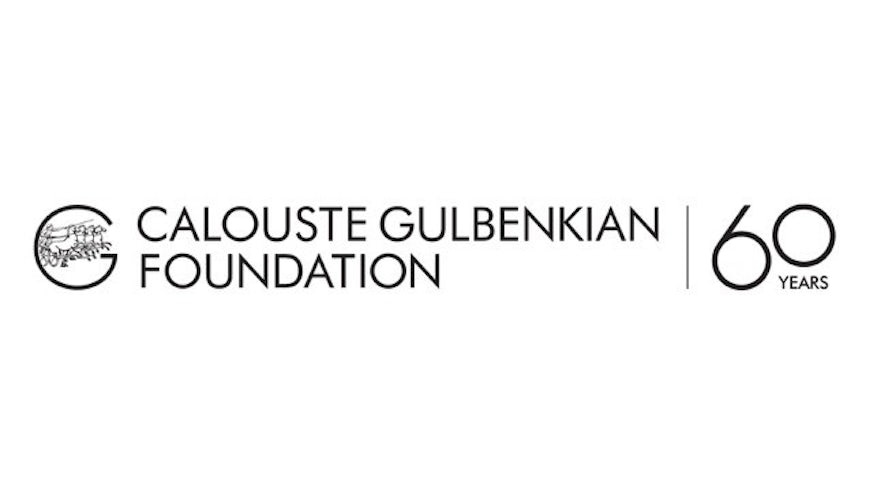Portuguese-American food culture project awarded funding by Calouste Gulbenkian Foundation
22 August 2016

Dr Rhian Atkin, Senior Lecturer in Portuguese, has been awarded funding of €15,000 by the Calouste Gulbenkian Foundation in Portugal for a research project on food cultures in the Portuguese-American community of New Bedford and Fall River, Massachusetts. The year-long project, Pão e Vinho sobre a Mesa: Portuguese Food Cultures, Migration and Mobility, will commence in October 2016, and will establish a collaboration with the Ferreira-Mendes Portuguese-American Archives at the University of Massachusetts, Dartmouth.
In addition to its flavours and textures, food holds memories and what we choose to eat, and how we make our food, can tell stories about who we are. Dr Atkin will work with colleagues Dr Sonia Pacheco and Professor Glória de Sá of the University of Massachusetts to collect and a body of data and to analyse the food cultures of New Bedford and Fall River as a key feature of Portuguese-American identity in this area. The team will work with people from the local area to investigate how Portuguese-Americans talk about food, how food can bring people together as well as mark identities, how particular recipes and ingredients might be used and adapted to a new cultural context when people migrate, with some foods becoming domesticated while others remain a marker of the foreign. As well as workshops in the community, a conference will take place at the University of Massachusetts, Dartmouth, in the Autumn of 2017.
The funding from the Calouste Gulbenkian Foundation will enable the investigators to develop methodologies to collect and analyse ethnographic data, and the project will build a collection of material that will be stored in the Ferreira-Mendes Portuguese-American Archives and made accessible to students, scholars and members of the community.
Dr Atkin said, "I am very grateful to the Fundação Calouste Gulbenkian for supporting this project. The funding is crucial to enabling us to develop a pilot study which we hope can later be extended to work with the Portuguese and other diaspora communities in Wales and in Portugal, as well as in the USA. Projects like this are very necessary, because they help us to understand more fully the really positive contribution that migrant communities make to region and how they become a part of the culture, as well as some of the questions and difficulties that arise for people who migrate and who have to renegotiate their cultural identity."